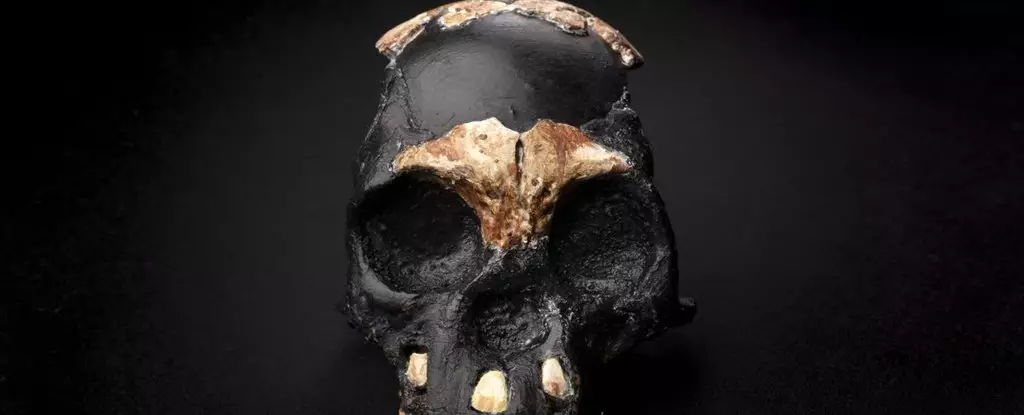The Rising Star Cave system in South Africa has been the subject of much debate in recent years due to the discovery of an unusually high number of Homo naledi remains dating back approximately 300,000 years. There have been claims that these hominids were deliberately buried, which would have significant implications for our understanding of human evolution. However, a recent analysis by anthropologist Kimberly Foecke and her team suggests that these claims may not be as solid as previously thought.
Foecke and her colleagues meticulously examined the data and methods used by Lee Berger and his team, who initially proposed the idea of deliberate burials by Homo naledi. They found several issues with the analysis, visualization, and interpretation of the data, as well as misapplication of statistical methods. This calls into question the validity of the conclusions drawn by Berger and his team, highlighting the importance of rigorous scientific scrutiny.
One of the key points of contention is the analysis of soil samples from the cave, which was used to infer whether the Homo naledi remains were intentionally buried. Foecke’s team found that there were significant shortcomings in the description of this process, leading to unclear data acquisition methods. Additionally, when attempting to replicate the findings, they were unable to detect any significant differences in soil composition between the burial sites and the surrounding area.
While it is still unclear whether Homo naledi engaged in deliberate burials, it is essential to approach such claims with skepticism. Tebogo Makhubela, a member of Berger’s team, acknowledges the validity of some of the criticisms and emphasizes that their work is still a work in progress. However, the importance of conducting thorough research and ensuring the reliability of findings before publication cannot be overstated.
Foecke hopes that this controversy surrounding the interpretation of Homo naledi burials will serve as a reminder of the importance of critical thinking in archaeological research. Extraordinary claims require extraordinary evidence, and it is crucial for researchers to uphold the highest standards of scientific integrity in their work. As the debate continues, it is clear that the story of Homo naledi and the Rising Star Cave system is far from over.


Leave a Reply